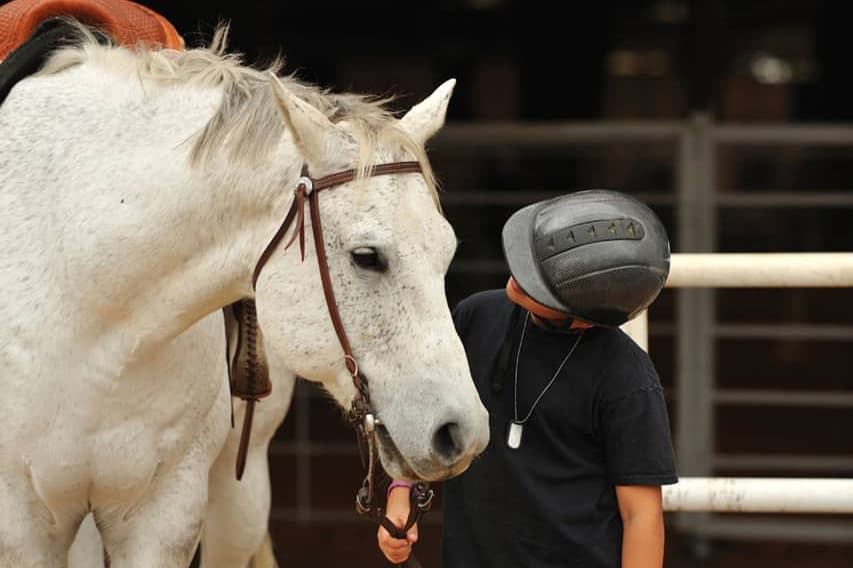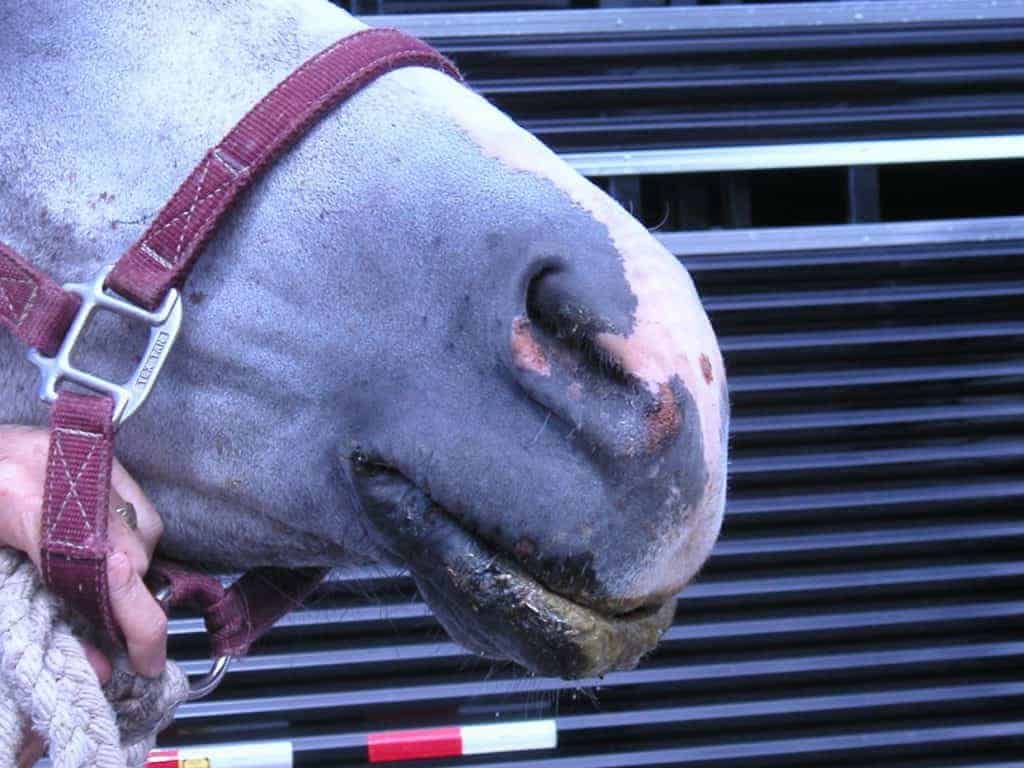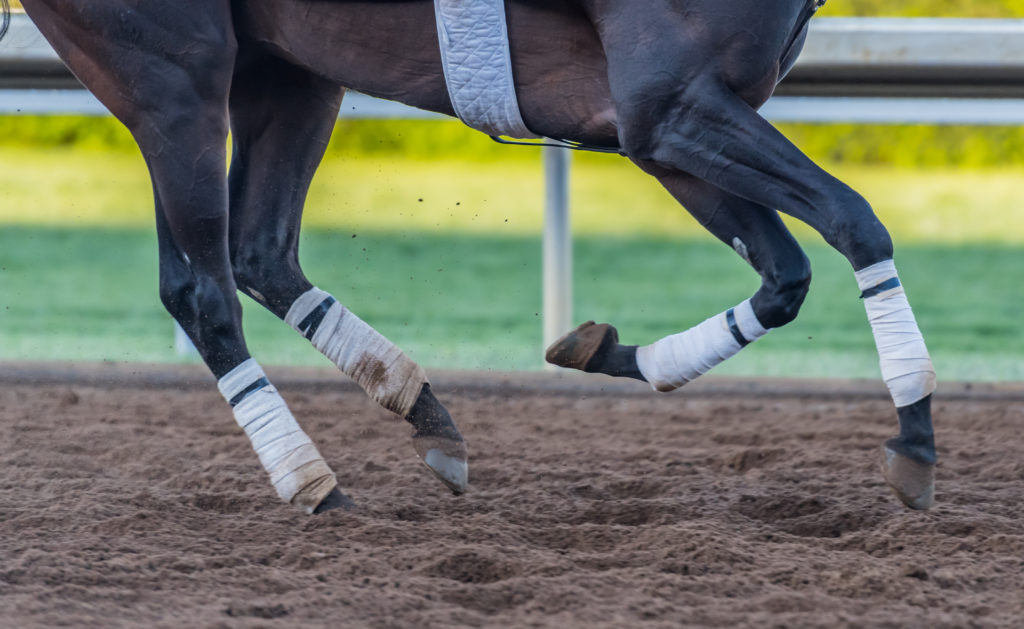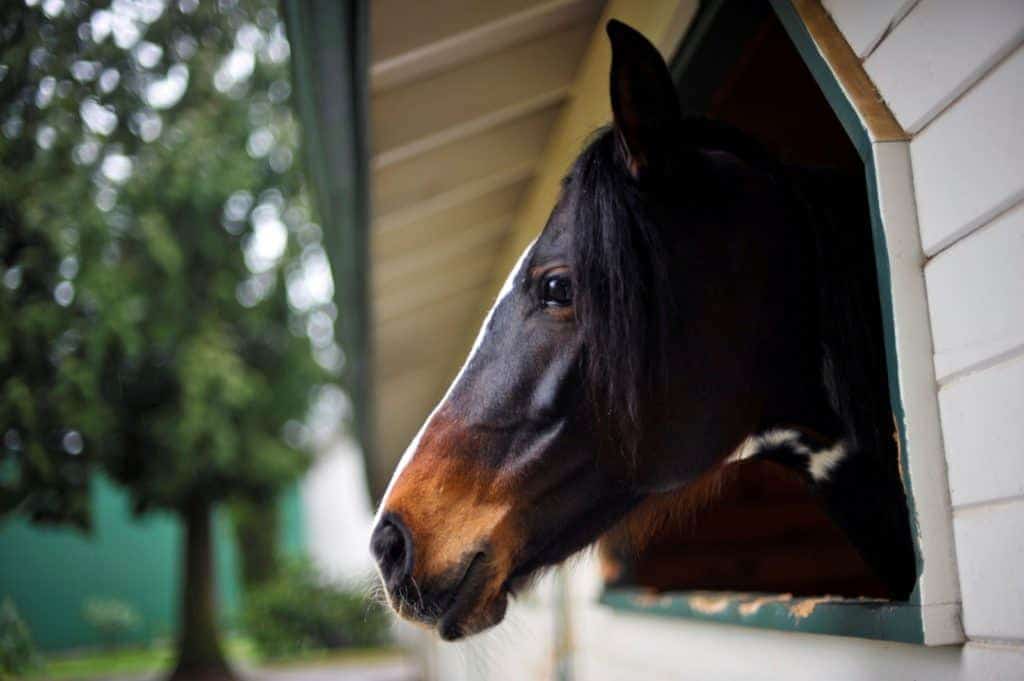
Blue-Green Algae: Dangerous to Pets and Livestock
Blue-green algae can produce toxins that affect the nervous system and liver. Exposed animals can die quickly, or they can develop liver failure over several days. Get tips to protect your horse.
Design and maintain a healthy horse operation

Blue-green algae can produce toxins that affect the nervous system and liver. Exposed animals can die quickly, or they can develop liver failure over several days. Get tips to protect your horse.

Fall is a good time to evaluate the quality of your horse pastures, because it is easy to see which weeds were most prevalent and uncontrolled during the summer and are now large and seed-producing.

Most cool-season horse pastures should be fertilized with nitrogen in the fall to boost root reserves and extend the grazing season.

A horse’s papers were lost during Hurricane Harvey. His new owner wants to know if DNA testing can help discover his breeding.

International Society for Equitation Science conference attendees learned about practical applications of scientific studies and discovered new theories about horse welfare and behavior.

A good lesson horse is a valuable member of any riding program. Our sources share tips on keeping these trusty steeds happy and healthy.

Our nutritionist just helped Pony Club kids with their feeding charts. Here’s why she thinks you should review yours, too.

While using goldfish to help clean water troughs is popular among horse owners, one researcher shows it’s ineffective.

A veterinarian who examined the affected herd found no additional animals with clinical signs of VS.

The choice of track surfaces during racehorse training could affect the chances of horses getting seriously injured on race day.

Here are some biosecurity practices you can put into place at the clinic and on the farm to prevent salmonellosis.

A University of Minnesota graduate student investigated types of bale wrap and their effects on alfalfa baling time, dry matter losses, nutrient values, moisture levels, cost, and bale value. Here’s what she found.

Researchers have discovered that breathing in various kinds of molds can cause a horse to develop IAD.

Can decreasing pasture size also decrease your horse’s weight even if turnout time doesn’t change? A researcher investigated and offers management tips based on her results.

Dr. Jeanette Mero shares the benefits of night turnout to help horses beat the heat.

Out-of-control critters can pass along pathogens, damage property and structures, and create unhygienic messes. Find out how to deter unwanted visitors such as birds, raccoons, skunks, and other rodents on your horse farm.
Stay on top of the most recent Horse Health news with
"*" indicates required fields